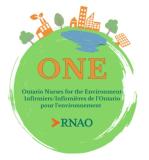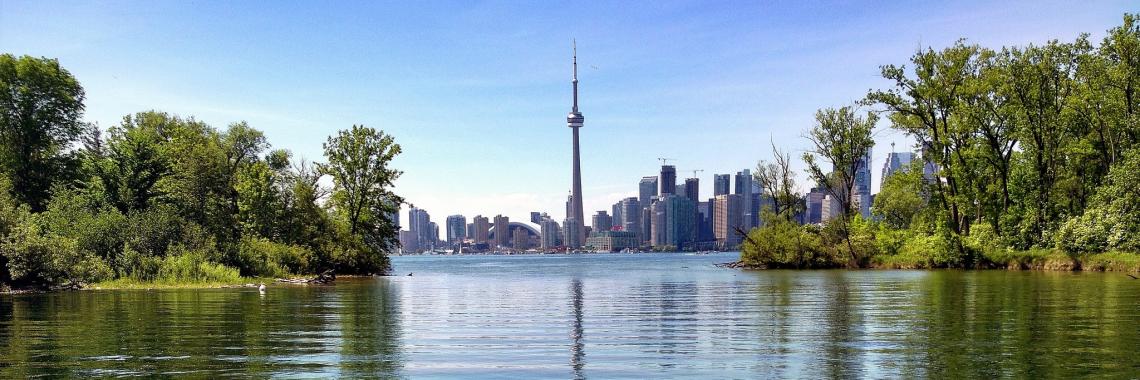At the RNAO’s 2020 AGM, ONEIG’s Resolution to ensure Access to Safe Drinking Water and Sanitation was carried by an overwhelming majority of voting delegates. The final amended version of the resolution can be found here. Josalyn Radcliffe, resolution submitter on behalf of ONEIG, eloquently expressed the necessity of this important effort to all in attendance:
May 2020 was the 20th anniversary of the Walkerton water crisis. While it prompted an important first wave of water legislation, today advocates like those at the Canadian Environmental Law Association are concerned that the lessons from this tragedy are being forgotten.
In one of her last reports as the Environmental Commissioner of Ontario, Dianne Saxe wrote "Pollution threats are not static, and vigilance to protect drinking water sources will always be needed, yet uncertainty about funding leaves the future of this critical program up in the air. And the source protection framework does not protect most Ontario lakes, rivers and groundwater, including the drinking water sources of Ontarians with private wells, or in most northern and Indigenous reserve communities."
Ongoing drinking water advisories in First Nations in Ontario were part of what prompted Amnesty International to publicly call out this injustice, urging Canada to implement the principles of the UNDRIP and the Rights to Safe Water and Sanitation. As nurses we must use our voices for equity and we must ensure our actions are led by Indigenous peoples.
This resolution uses a rights-based approach that asks RNAO to hold the government to its responsibility to provide access to safe water and sanitation for all- including those in First Nations communities, those who struggle to pay water bills, the nearly 20% that do not rely on municipal water systems, and really all of us- whose health relies on the health of our lakes, waterways, and groundwater.
Alongside the existing threats to water, climate change is leading to increasingly unpredictable weather patterns with both more flooding and droughts, which compromises both water safety and availability. Warmer water combined with fertilizer run-off is contributing to more toxic algae blooms in the Great Lakes. While there are already gaps in legislation, new proposals and needs continue to emerge. Just months ago Bill 132 weakened environmental protections by limiting fines for water pollution and the ability of municipalities to protect their ground water from aggregate mining.
This resolution is about protecting water, which is essential for life today and into the future. With this resolution, we ask that the RNAO stand up for water security, environmental justice, and health.
Find out more about water and what you can do to protect it:


